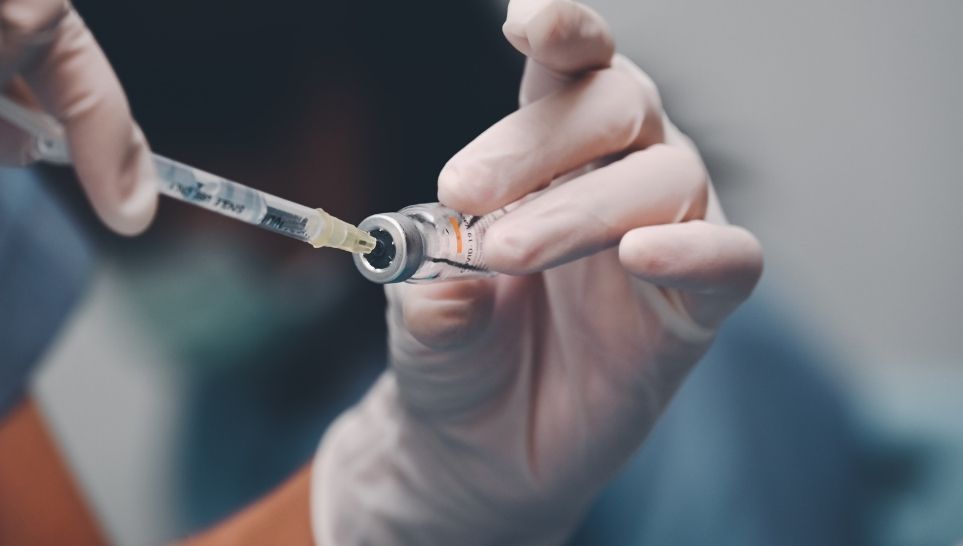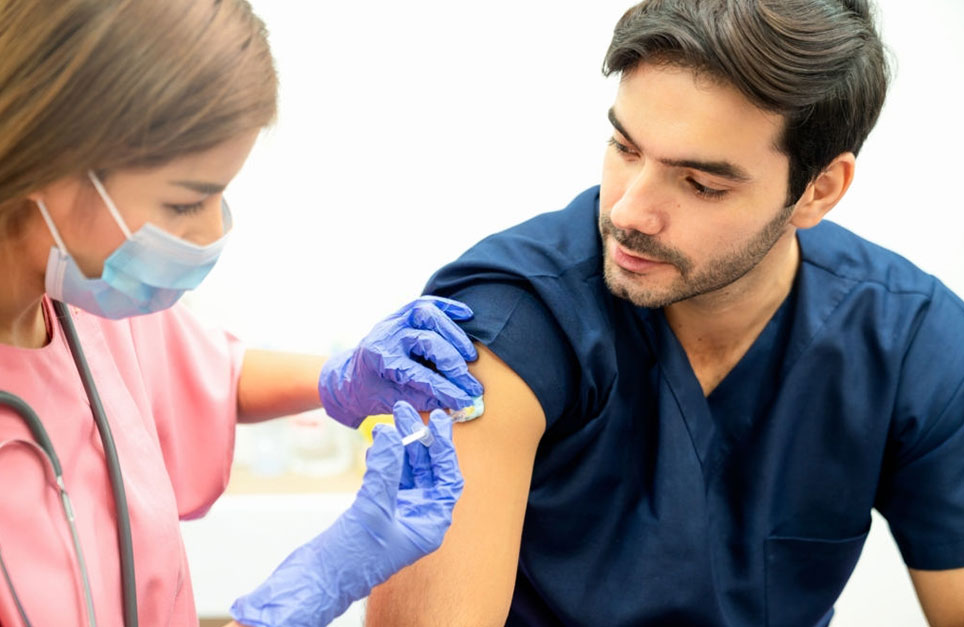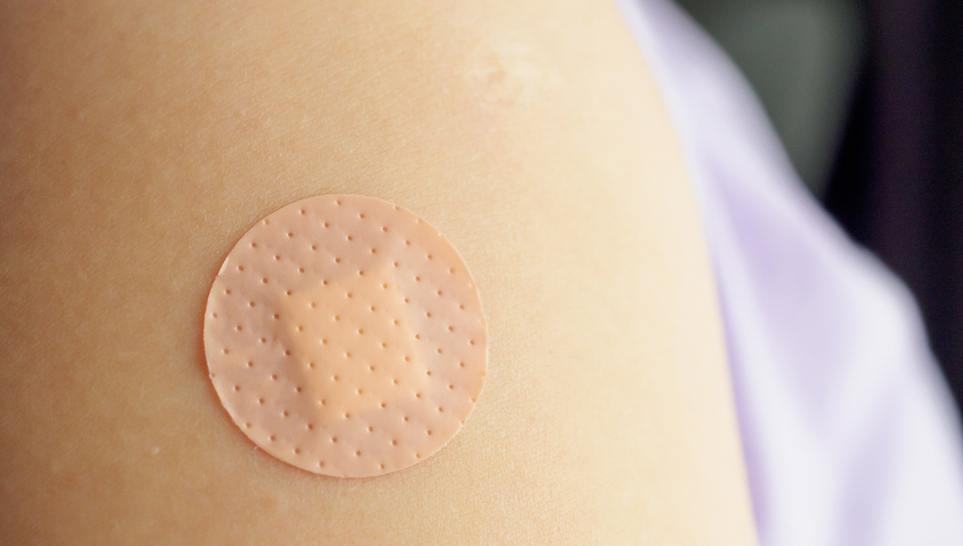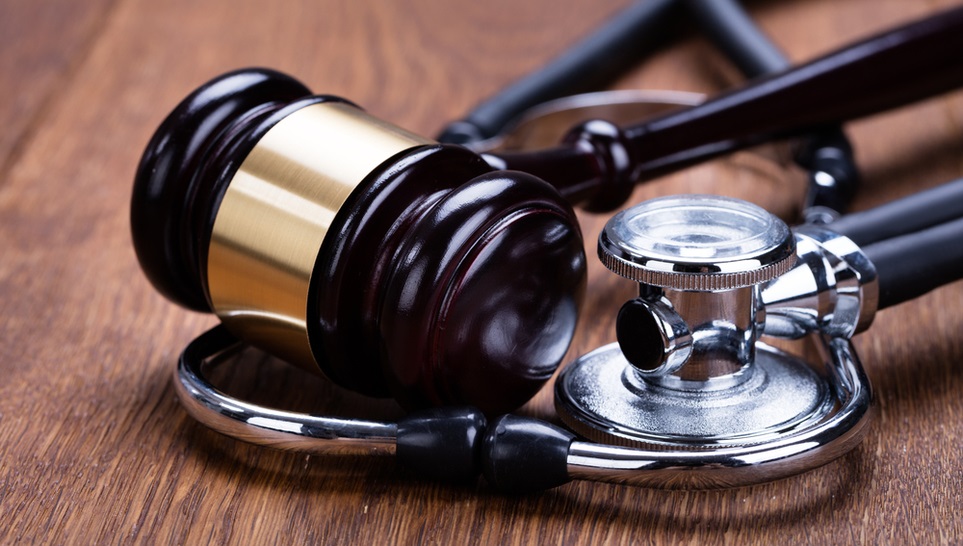
In the United States, controversy follows vaccines. It has for 70 years and follows them in the modern-day.
Due to rumor, conjecture, and legislation, vaccines are now a common topic of conversation. Many people wonder, “Can you sue a pharmaceutical company for a vaccine injury?”
The short answer is, no, you can’t. Legislation passed in the 20th century because of similar fears protects a list of particular vaccines in the United States from liability. However, that doesn’t mean you won’t receive compensation for the vaccine-related injury.
A Brief History of Vaccines & Lawsuits
Since the first vaccine in the US in 1796, vaccines are responsible for saving countless lives. They protect us from diseases that once decimated humanity. Like all forms of medication, there are often vaccine side effects.
Some cause rashes, swelling, allergic reactions, or seizures in rare cases. Most people will not have these side effects, but a small percentage will. In those cases, you cannot sue the pharmaceutical company for injury caused by the vaccine.
This immunity is because of the National Childhood Vaccine Injury Act and the Vaccine Injury Compensation Program.
The Cutter Incident Lawsuits
During the polio outbreak in the 1950s, the Salk vaccine came to public attention because many families filed suits against Cutter Laboratories. The paralyzation of 200 people and the eventual death of ten that took the vaccine resulted in the lawsuits. While the pharmaceutical company followed strict federal standards, one vaccine lot still contained active polio cells, leading to the injuries.
The Supreme Court ruled that the manufacturer was financially responsible for the injuries, though they were not negligent in creating the vaccines. Juries handled the rulings for families on a case-by-case basis.
The DPT Immunization Lawsuits
During the 1970s and 1980s, more and more families sued pharmaceutical companies. As the lawsuits piled up, so did the financial compensation to those families affected by the vaccines. The diphtheria-pertussis-tetanus (DPT) immunization was the most popular for suits.
Due to the environment with severe liability to pharmaceutical companies, growing costs of legal counsel, constant financial compensation, and poor public image, vaccine manufacturers stopped production. Only one pharmaceutical company still made a DPT vaccine in the US in 1984.
The National Childhood Vaccine Injury Act
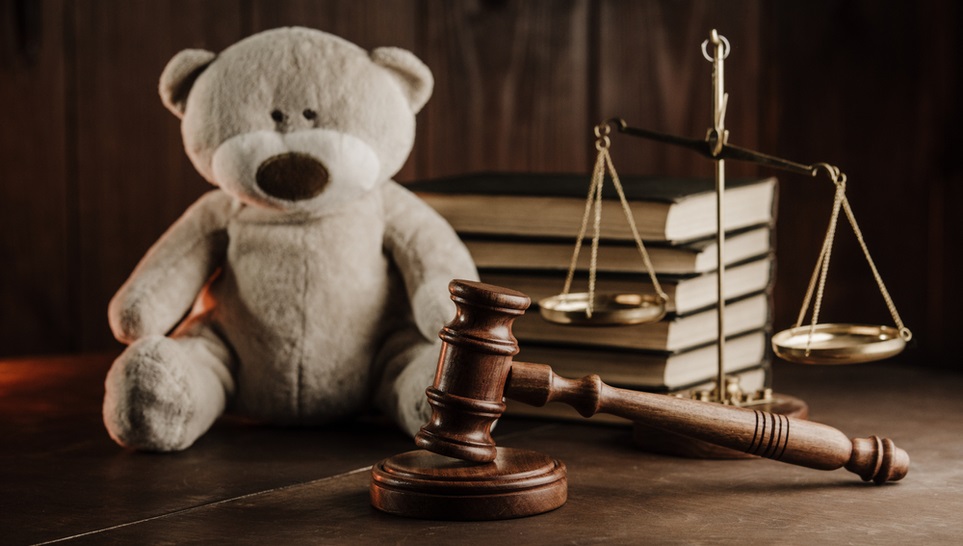
The US Congress stepped into the situation in 1986 by passing the National Childhood Vaccine Injury Act (NCVIA). This act regulated the vaccine market and structured the administration of vaccines to protect both the recipient and the manufacturer.
The act regulated the provision of informed consent to the recipient of the vaccine, or their legal guardian, reducing the product liability of the pharmaceutical company. They used a Vaccine Information Statement (VIS) to fill this need. The VIS shows a list of all benefits and all possible risks or side effects of a particular vaccine.
They also provisioned the development of a method to report the harmful effects of particular vaccines, called the Vaccine Adverse Event Reporting System (VAERS). This system is voluntary and open to parents, physicians, or anyone related to a vaccine recipient to report an adverse reaction to a vaccine.
Around 30,000 people report reactions to the VAERS every year. The CDC scours through the events and determines whether a vaccine caused the injury.
The NCVIA began creating a system that would compensate individuals harmed by properly made vaccines. The Department of Health hoped this would calm the legal environment surrounding vaccines, incentivizing pharmaceutical companies to research new vaccines once again and resume production of needed vaccines.
Vaccine Injuries and the VICP
The Department of Health called this system the Vaccine Injury Compensation Program (VICP) and established it in 1988. Together, the NCVIA and the VICP set barriers between certain pharmaceutical companies and the recipients of their vaccines.
Can you sue a pharmaceutical company for a vaccine injury? As a result of these barriers, you can no longer sue the pharmaceutical company for an injury caused by a vaccine, so long as the VICP protects the vaccine.
The VICP covers all vaccines given to children, some adult vaccines, and any combination of the covered vaccines. These are:
- Diphtheria, tetanus, pertussis
- Haemophilus influenza Type B
- Hepatitis A
- Hepatitis B
- Human papillomavirus
- Influenza
- Measles, mumps, rubella
- Meningococcal
- Polio
- Pneumococcal conjugate
- Rotavirus
- Varicella
How to File a Claim with the VICP

First, eligibility requires that you file within a certain amount of time, depending on whether you are filing for an injury or death. For an injury, you must file no more than three years after the first symptom of the vaccine-related injury. You must file within two years of death, which cannot follow more than two years after the first symptom.
While you do not need a lawyer, having one can be helpful because this is a legal issue. For most cases, the VICP will cover any legal fees incurred by the process, whether or not your claim is accepted.
Below are the steps to file a claim with the VICP:
- The petitioning party must assemble all the following medical records: birth records, medical records from before & after vaccination, vaccination records, emergency treatment records from the related injury, and outpatient records related to the injury.
- The petitioner sends an original version of the claim, and two copies, to the Court, including the $400 filing fee and any relevant medical records.
- The Departments of Justice and Health & Human Services each receive one of the claim copies.
- HHS reviews the claim and sends the review to the DOJ, who then writes a report about the claim.
- The HHS review and DOJ report are combined and sent to the Court and the petitioner or their lawyer.
- The DOJ sets a lawyer as master over the case. They then review the claim and decide if there will be compensation and how much it will be.
- The petitioner will either accept or reject the offer, always in writing.
- The Court may appeal the ruling of the master then forward it to the Court of Appeals, then the Supreme Court.
How Do You Get Compensation?
First, the petitioner must prove that the person in question received a covered vaccine. They must prove that the onset of the first symptom of an illness falls within the parameters of the Vaccine Injury Table. Otherwise, they must prove that the vaccine caused the injury or death in question or that it made an existing condition worse.
The petitioner must also prove that other external factors did not cause the injury or death.
Summary of the VICP
The VICP protects pharmaceutical companies, making it so that you cannot sue them for a vaccine injury, as long as the VICP covers the vaccine in question. Though the process of filing a claim is long and complex, it will always yield some results. Whether your claim is accepted or rejected, the VICP covers any legal fees or lawyer’s fees incurred because of filing.
The Public Readiness and Emergency Preparedness Act
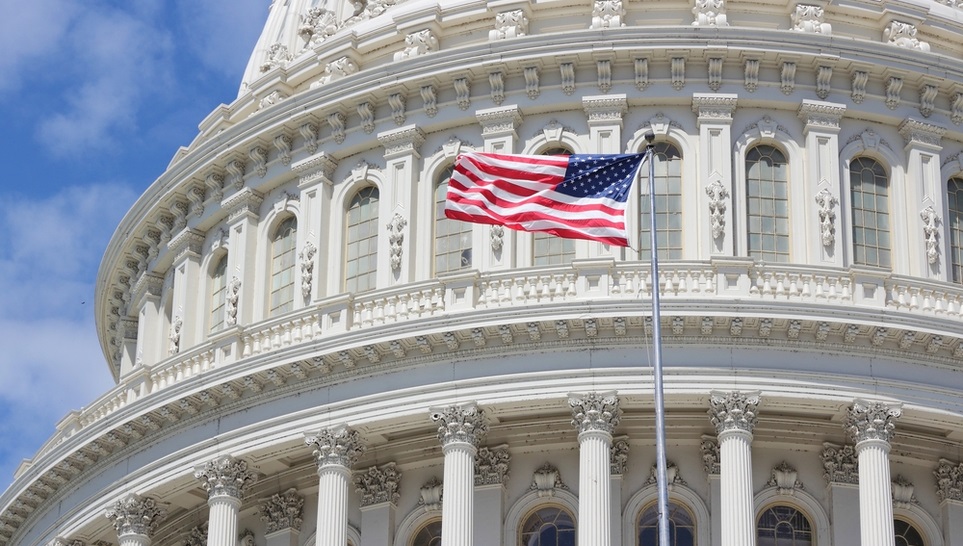
The Public Readiness and Emergency Preparedness Act (PREP Act), enacted by Congress in 2005, is another way the US government protects pharmaceutical companies from liability. It allows the Secretary of the Department of Health to provide a declaration that totally protects any covered persons or business entities from liability.
These entities are immune from liability caused by using countermeasures to prevent the spread of diseases, by developing such countermeasures, or any action related to preventing the spread of communicable diseases. This immunity does not apply when the entities involved are willfully negligent or if their efforts prove to be related to any misconduct.
In March of 2020, the former Secretary, Alex M. Azar II, issued a declaration under the PREP Act related to the countermeasures for reducing the spread of COVID-19. It covered any medical professionals trying to prevent the spread of COVID-19 and provided immunity from liability of personal injury of others as long as they were not negligent. The PREP Act also covers the administration of COVID-19 vaccines by any practicing physicians, so long as they have proof of completed training from the CDC.
While it freed many of them from liability, it also provided stipulations that those medical professionals had to meet to qualify for this immunity. For example, they must be CPR trained and have a current certificate. They must also follow CDC guidelines and bookkeeping protocols for their jurisdiction, whether federal, state, tribal, or territorial.
Summarizing Lawsuits and Vaccines
Can you sue a pharmaceutical company for a vaccine injury? The US government protects pharmaceutical companies that develop vaccines so well that you likely cannot sue them for an injury caused by a vaccine.
Even the COVID-19 vaccine, while not covered by the VICP, receives protection under the PREP Act. Thankfully, it is possible to receive financial compensation for a vaccine-related injury by filing a claim to the VICP.
If you need help in this process, you can contact the Vaccine Injury Attorneys at the Law Offices of Sadaka Associates by calling us at 201-266-5670 or filling out our contact form.



